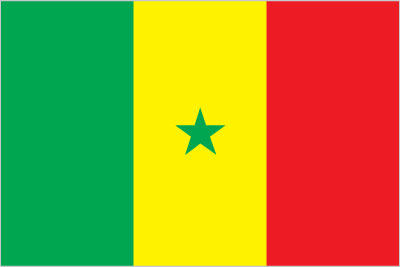
The French colonies of Senegal and the French Sudan were merged in 1959 and granted their independence as the Mali Federation in 1960. The union broke up after only a few months. Senegal joined with The Gambia to form the nominal confederation of Senegambia in 1982. The envisaged integration of the two countries was never carried out, and the union was dissolved in 1989. The Movement of Democratic Forces in the Casamance (MFDC) has led a low-level separatist insurgency in southern Senegal since the 1980s, and several peace deals have failed to resolve the conflict. Nevertheless, Senegal remains one of the most stable democracies in Africa and has a long history of participating in international peacekeeping and regional mediation. Senegal was ruled by a Socialist Party for 40 years until Abdoulaye WADE was elected president in 2000. He was reelected in 2007 and during his two terms amended Senegal's constitution over a dozen times to increase executive power and to weaken the opposition. His decision to run for a third presidential term sparked a large public backlash that led to his defeat in a March 2012 runoff election with Macky SALL.
fish, phosphates, iron ore
arable land: 19.57%
permanent crops: 0.28%
other: 80.15% (2011)
13,635,927 (July 2014 est.)
country comparison to the world: 73
Wolof 43.3%, Pular 23.8%, Serer 14.7%, Jola 3.7%, Mandinka 3%, Soninke 1.1%, European and Lebanese 1%, other 9.4%
Muslim 94% (most adhere to one of the four main Sufi brotherhoods), Christian 5% (mostly Roman Catholic), indigenous beliefs 1%
French (official), Wolof, Pulaar, Jola, Mandinka
definition: age 15 and over can read and write
total population: 49.7%
male: 61.8%
female: 38.7% (2009 est.)
Dakar
republic
4 April 1960 (from France); note - complete independence achieved upon dissolution of federation with Mali on 20 August 1960
Independence Day, 4 April (1960)